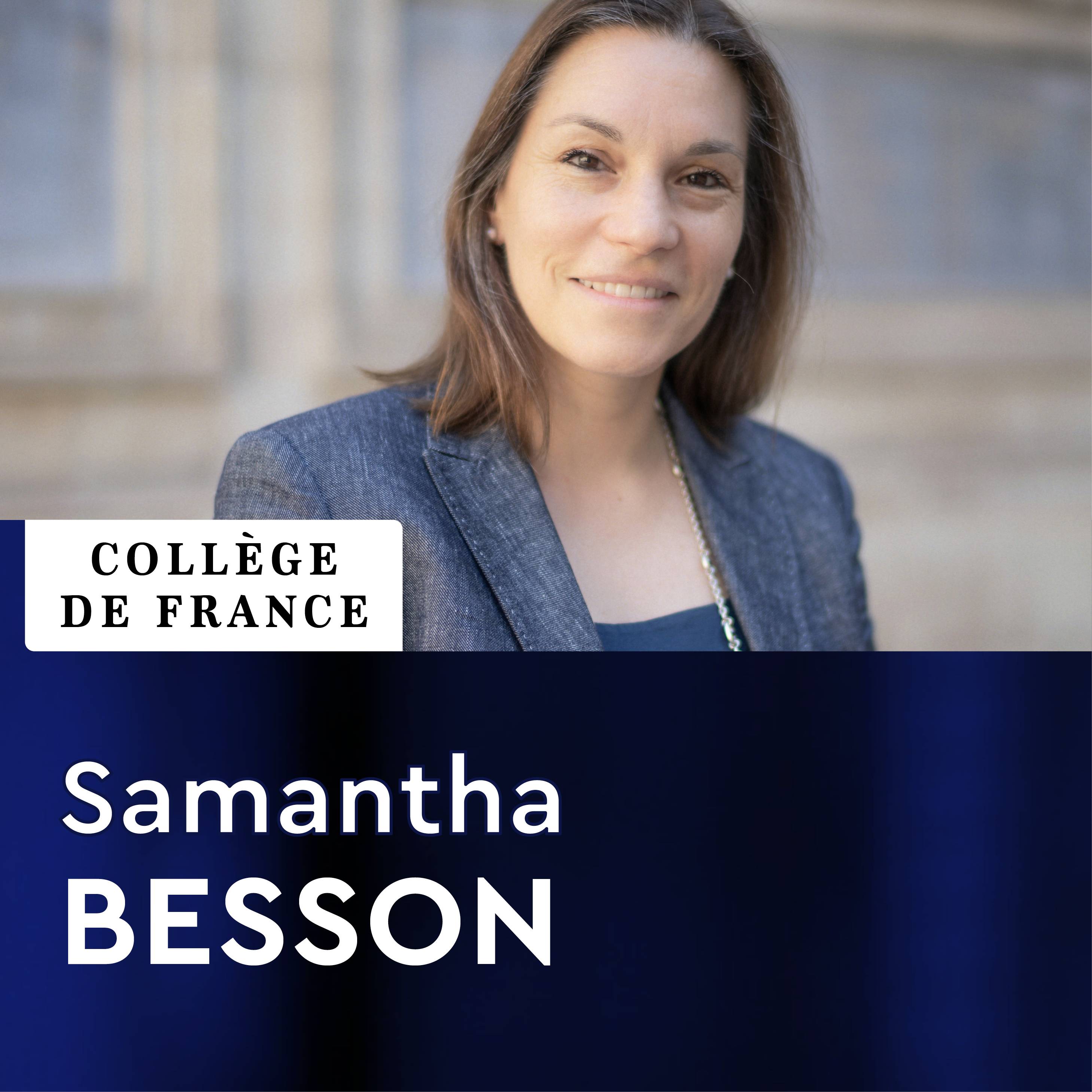Colloque - Democratic Representation in and by International Organizations : International Representation: Some General Principles
Description
Samantha Besson
Collège de France
Année 2022-2023
Droit international des institutions
Colloque - Democratic Representation in and by International Organizations : International Representation: Some General Principles
Intervenant(s) :
Pr. Philip Pettit, University of Princeton and Australian National University, Canberra
International organizations (IOs) play a central role in contemporary international law-making: they institutionalize many of the processes through which international law is adopted today, be it through international law-making conferences, international courts or as IO secondary law. Yet, the question of democratic representation (by Member States and/or other public or private institutions or persons involved such as non-governmental organizations, multinational corporations, trade unions, employer's associations, cities, regions or religious groups) in IOs, but also by IOs when they become members of other IOs or intervene as participants in other international law-making processes remains difficult, to say the least. It is one of the many dimensions of the deficit in democratic legitimacy of international law, but one that is rarely addressed as such today –although it has not always been the case and not with respect to all IOs equally. There are many reasons for the contemporary side-lining of the question of democratic representation both in international organizations' law and in international democratic theory. It suffices to mention two of them here: one is the vexed relationship between IOs and "politics" (not to mention democratic politics), and another lies in the (over)emphasis on civil society "participation" and other forms of "stakeholder" inclusion.
The conference's aims will be to discuss those issues, but also to examine how IOs could be designed and organized under international law in the future so as to ensure sufficient democratic representation of all those they claim to bind legally, either directly or through their Member States. Various specialists of representation in both international organizations' law and democratic theory have been invited to explore those issues and many others at the conference. The conference is organized around three sets of issues: representation inside IOs (i.e. the different types of public and private representatives and their articulation in different IO deliberation and decision-making processes) (i), through IOs (i.e. the contribution of those forms of public and private representation within IOs to the institutionalization and organization of the relevant public and private representative institutions as such) (ii) and by IOs (i.e. when they become members of other IOs or participate in external international law-making processes) (iii).
Speakers: Jochen von Bernstorff (University of Tübingen); Samantha Besson (Collège de France, Paris and University of Fribourg); Francis Cheneval (University of Zurich); Édouard Dubout (University Paris-Panthéon-Assas); Melissa J. Durkee (University of Georgia; Athens); Olivier de Frouville (University Paris-Panthéon-Assas); Évelyne Lagrange (University Paris 1-Panthéon-Sorbonne); Marieke Louis (Centre Marc Bloch, Berlin); Terry MacDonald (University of Melbourne); José Luis Martí (University Pompeu Fabra, Barcelona); Anne Peters (Max Planck Institute for Comparative Public Law and International Law, Heidelberg); Philip Pettit (University of Princeton and Australian National University, Canberra); Dominique Ritleng (University of Strasbourg); Pierre Rosanvallon (Collège de France, Paris); Marie-Clotilde Runavot (University of Perpignan Via Domitia).
Commentators: Olivier de Frouville (University Paris-Panthéon-Assas); Charles Girard (University Jean Moulin Lyon 3); Bernard Manin (EHESS, Paris); Yves Sintomer (University Paris 8-Vincenne-Saint-Denis).
Les organisations internationales (OI) jouent un rôle central dans l'élaboration du droit international contemporain. Pourtant, la questio
More Episodes
Published 11/06/24
Samantha Besson
Droit international des institutions
Collège de France
Année 2023-2024
Cycle Europe - Jan-Werner Müller 4/4 : Que reste-t-il à faire... ?
Jan-Werner Müller
Professeur de théorie politique et d'histoire des idées, université de Princeton
Jan-Werner Müller est invité par...
Published 06/20/24
Published 06/20/24


